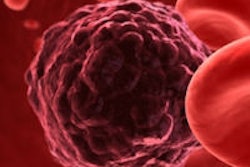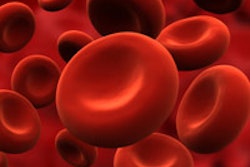Canadian researchers have identified a protein that can help predict whether a patient will develop oral cancer, according to a recent study in the International Journal of Cancer (October 8, 2013).
The protein acts as a biomarker that can help determine whether an oral lesion is likely to become malignant, according to the researchers from the University of Toronto and Mount Sinai Hospital in Toronto.
The group used proteomics, which identifies specific cellular proteins. This technique helped them identify the S100A7 protein as a predictive biomarker for dysplastic, premalignant oral lesions.
Predicting which oral lesions will become cancerous and how rapidly the process will occur is difficult. Thus, identifying which patients would benefit from early intervention is a major clinical challenge.
The overexpression of S100A7 can show the aggressiveness of premalignant lesions, which can help doctors determine the best course of treatment, said study researcher Ranju Ralhan, PhD, a professor in the department of otolaryngology -- head and neck surgery at the University of Toronto and co-director of the Alex and Simona Shnaider Laboratory in Molecular Oncology at Mount Sinai.
Being able to accurately predict whether treatment is needed spares oral cancer patients unnecessary discomfort by avoiding overtreatment, while also lowering healthcare costs.
Oral cancer is particularly common in India and China -- where smoking or chewing tobacco and betel quid are common -- but the disease is growing worldwide.
Nearly 42,000 people in the U.S. will be diagnosed with oral or pharyngeal cancer this year, resulting in more than 8,000 deaths, according to the Oral Cancer Foundation. Worldwide, more than 640,000 new oral cancer cases are diagnosed annually, and global figures for oral cancer are estimated to rise to more than 1 million a year by 2030, according to the World Health Organization.



















